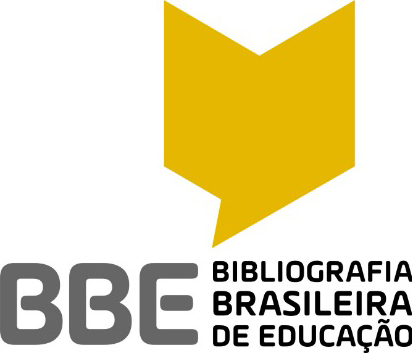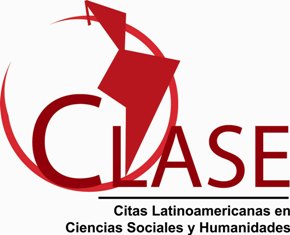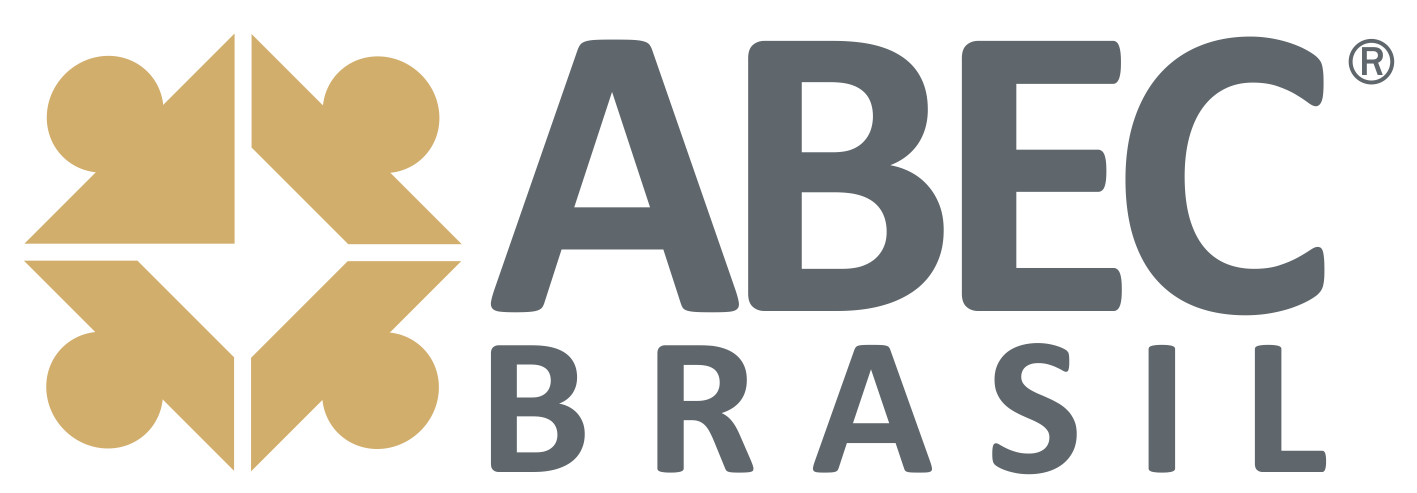A percepção da lei nº 13.006/2014 pelos docentes do campus Curitiba do Instituto Federal do Paraná
DOI:
https://doi.org/10.22169/revint.v17i42.2391Palavras-chave:
Lei nº 13.006/2014. Ensino e Cinema. Docentes do IFPR. Educação Profissional. Cinema Nacional.Resumo
Este artigo apresenta os resultados de pesquisa desenvolvida no Programa de Pós-Graduação em Educação Profissional e Tecnológica (PROFEPT), cujo objetivo foi identificar a percepção dos docentes do Campus Curitiba do Instituto Federal do Paraná sobre a Lei 13.006/2014. Almeja-se, também, verificar o conhecimento docente sobre produção cinematográfica brasileira e da utilização de filmes nacionais como suporte pedagógico em sala de aula. Os dados quantitativos foram obtidos por meio do instrumento de pesquisa de campo, com aplicação de questionário semiestruturado. Os dados obtidos foram classificados em consonância com as concepções de educação apresentadas por Saviani, com o objetivo de encontrar as aproximações da linha pedagógica dos docentes pesquisados. Sobre as concepções pedagógicas, observa-se que, independentemente do tempo de atuação dos docentes, prevalece a Pedagogia Tecnicista, seguida da Tradicional, tanto para o docente de até 5 anos de atuação (1,89%), como para os que atuam de 10 a 30 anos (66,04%). A presença da Pedagogia Nova está presente em 11,43% dos docentes que atuam de 10 a 30 anos (66,04%). Sobre o cinema nacional, o resultado obtido foi que 70% dos docentes pesquisados conhecem no mínimo parcialmente a lei. Sobre a possibilidade de implementação da lei, a pesquisa apresenta que 83,12 dos entrevistados afirmam que a existência de um cineclube ou projeto de exibição de filme nacional pode possibilitar a execução da lei 13.006/2014. A concepção teórica deste artigo funda-se na análise de Saviani, na indissolubilidade entre homem, natureza e educação e nas contribuições do debate marxista sobre a Educação Profissional e Tecnológica.
Downloads
Downloads
Publicado
Como Citar
Edição
Seção
Licença
Os direitos autorais dos artigos publicados na Revista são de acordo com a licença CC-BY-ND - Creative Commons ( https://creativecommons.org/licenses/by-nd/4.0/legalcode)
Esta licença permite que outras pessoas reutilizem o trabalho para qualquer finalidade, inclusive comercialmente; no entanto, não pode ser compartilhado com outras pessoas de forma adaptada e o crédito deve ser fornecido ao autor.
Os direitos autorais dos artigos publicados na Revista são do autor, com os direitos de primeira publicação para a Revista





























